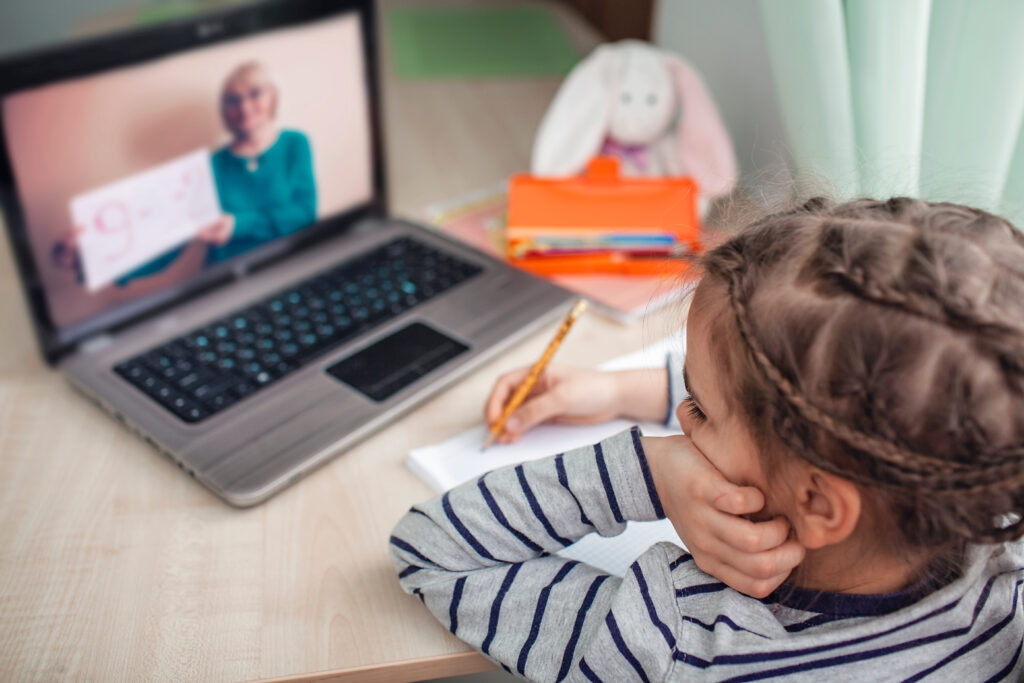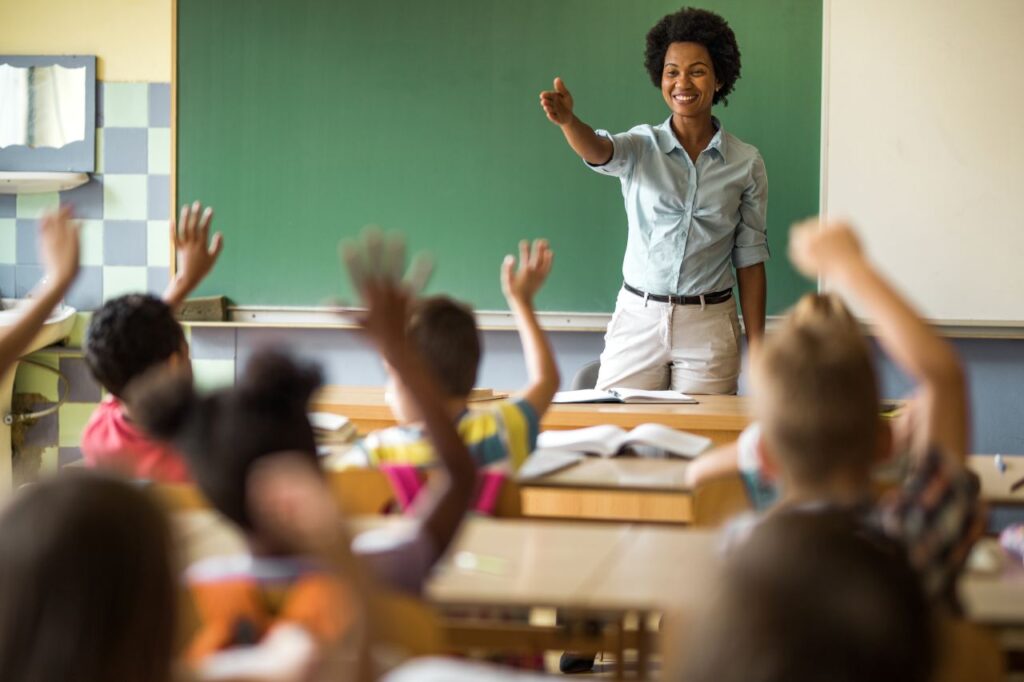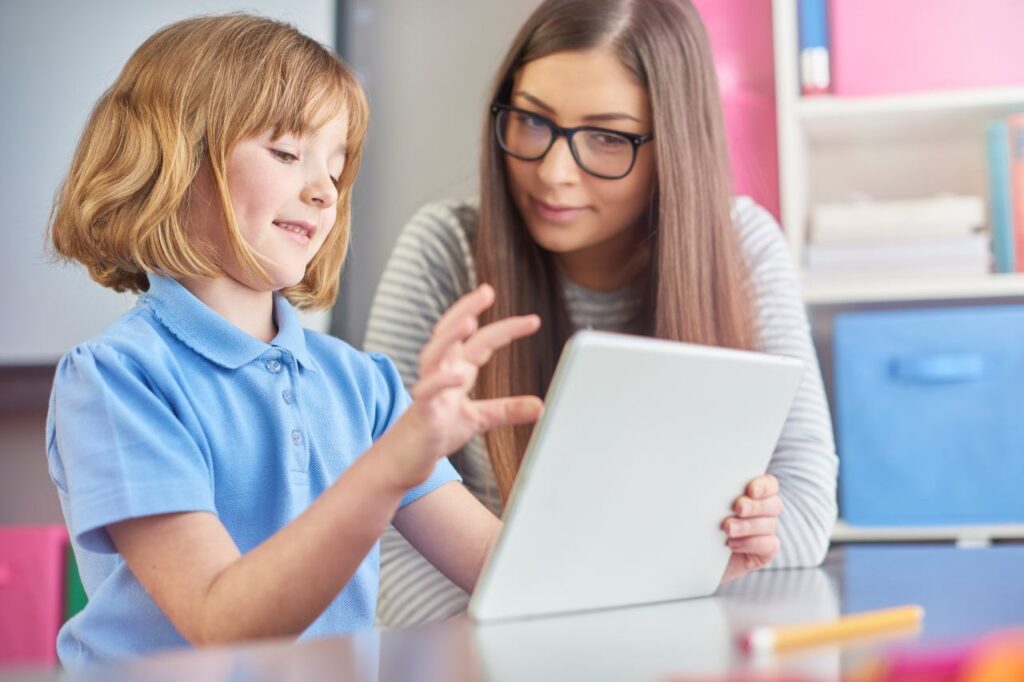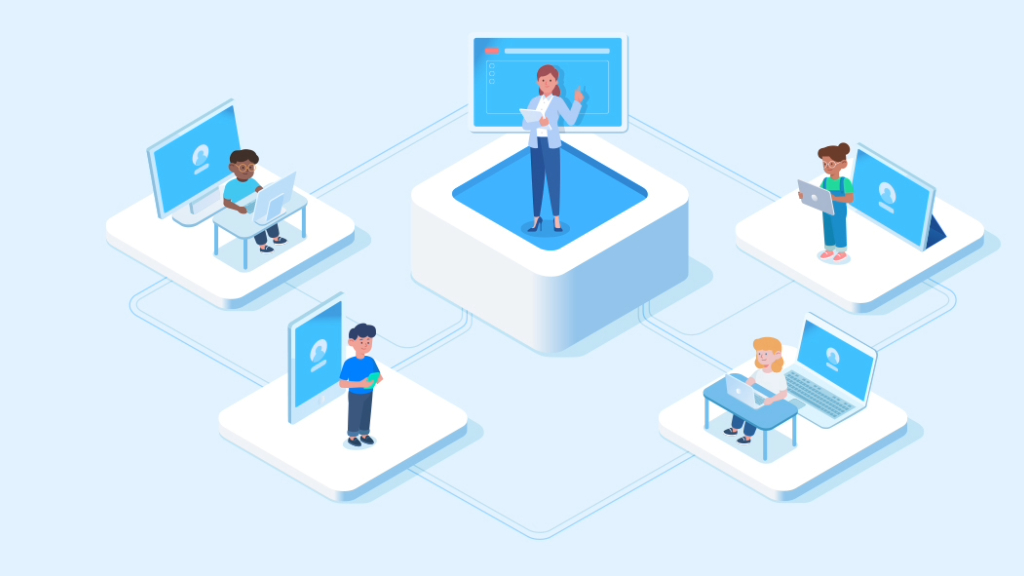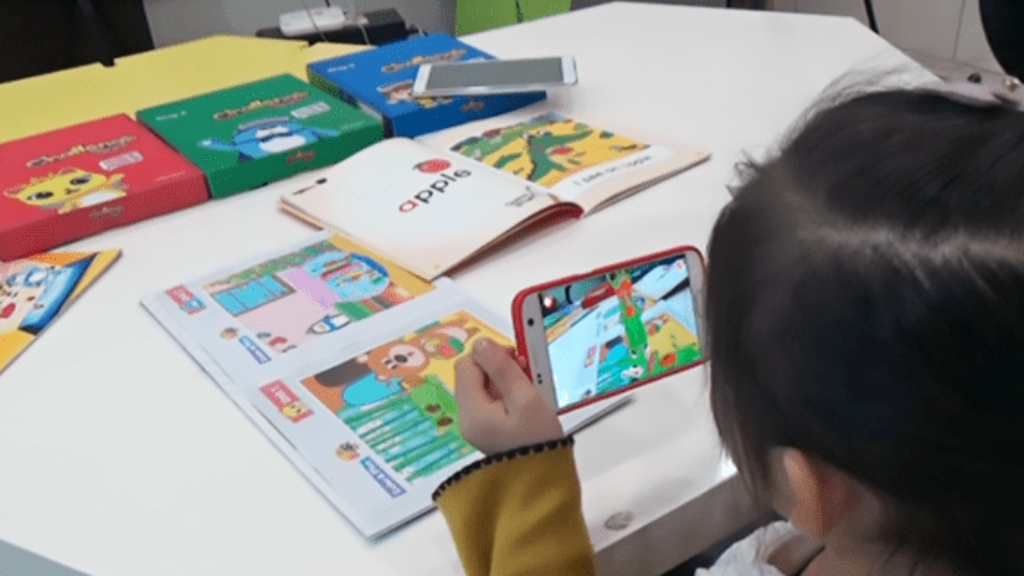Have you ever heard of a continuous learning culture? This means sustainable growth and development of learning in a constantly changing market and industry, where it drives innovation. Furthermore, a continuous learning culture enables students to manage and control the learning process themselves, allowing them to build knowledge and make them competent.
Based on this, there has recently been a trend in curriculum to build a culture of continuous learning in higher education and at the K–12 level. In an age of ever-changing knowledge and skills, learning is no longer confined to the classroom. Institutions are supposed to play a role in motivating a culture of continuous learning with lifelong learning habits. We are going to address the importance of building a culture of continuous learning at the K–12 level.
Why we need a culture of continuous learning
Building a culture of continuous learning at the K–12 level is a critical process for preparing students for the forthcoming challenges and opportunities in the near future.
Developing skills for lifelong learning
In a rapidly changing world, students are supposed to learn how to adapt to new information and technologies. To do this, basic learning, which continuously builds the ability to learn, is conducive. By building a culture of continuous learning, students can move beyond their academics and gain an edge in economic activities of adulthood.
Changing educational standards
The curriculum for common education is continuously being developed. Teachers and students must keep pace with these changes. By promoting a culture of continuous learning, educators are able to prepare students to manage the changing demands of the educational system.
Nurturing innovation, creativity and growth thinking
A culture of continuous learning provides opportunities for students to explore new ideas, which allows them to develop new skills and apply them to real life. Moreover, it is helpful to foster a growth mindset relevant to confidence in developing technologies and intelligence.
Enhancing student engagement
Students are more likely to be engaged and motivated when they feel a sense of belonging. Accordingly, educators are supposed to create an environment where students can strengthen their sense of social connection.
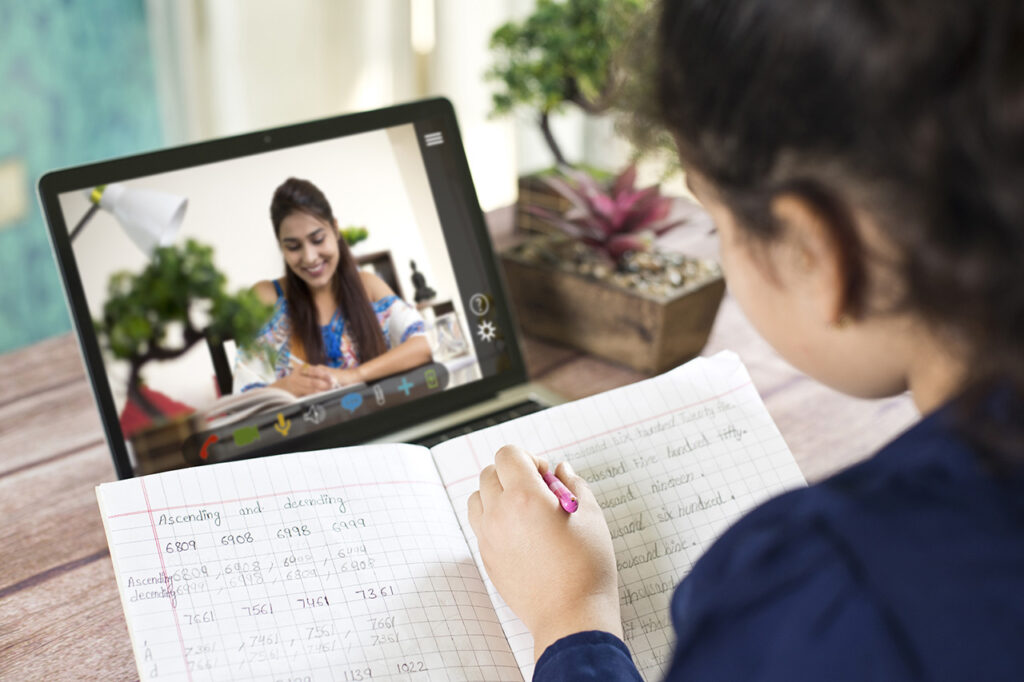
Strategies to create a culture of continuous learning
Educators are supposed to develop strategies for students to continuously develop their abilities and skills with interest. Then what are the educator’s strategies?
Curriculum formation for students
First, teachers need to overview the overall curriculum. Although some classes place a great deal of importance on educators rather than students, a class has to give weight to supporting students. Educators must create a curriculum based on individual needs and develop opportunities for engaging learning. A student-based curriculum begins with the idea that each student has their own interests, abilities, and learning styles. Students can recognize what they are learning and how to learn by taking initiative.
Feedback based on academic assets
‘Academic assets’ means students’ academic skills, strategies, and background knowledge. Educators are supposed to recognize when students demonstrate strengths and talents, actively give feedback on what students can do, and suggest steps to achieve their goals. Students improve significantly when they are convinced of obvious learning goals from feedback and feel that learning is taking place actively. A culture of continuous learning allows you to self-regulate and manage your own learning.
Learning activities focused on the continuity
Standards of instruction are distinguished at each grade level, and educators organize the class referring to this. However, there are some students who cannot keep up with the course and can easily become frustrated as the class strictly follows the standardsents who cannot keep up with the course and can easily become frustrated as the class strictly follows the standards. Thus, personalized education is required as long as it follows a standard process, and what is important is the continuity of learning.
Effective realization of strategy
The key to a culture of continuous learning is for students to continually see themselves as learners. The ultimate goal is to assimilate into the academic community while valuing the entire learning process. An effective way to build a culture of continuous learning is to provide interactive education through EdTech that enables personalized learning for both teachers and students. It also provides new opportunities for flexible and continuous learning. Educators can create a generation of lifelong learners who are promising in the fast-paced, technology-driven world by embracing EdTech tools and combining them into their educational practices. AllviA considers educators roles important, changing methods from teaching to coaching along with a student-based curriculum. We are making a classroom available for continuous learning through the Interactive Class System (ICS).
AllviA creates a continuous learning culture
The EdTech solution is the best way to establish a culture of continuous learning. As below, we look more into the impact of EdTech solutions on a continuous learning culture and compare them to AllviA products.
- Access to information
Students obtain information through the Internet and EdTech solutions. Additionally, they can access digital resources such as research papers, videos, and podcasts, which also serve as supplementing study materials. AllviA’s online tutorials are effective for improving knowledge and skills.
- Personalized learning
AllviA, an EdTech solution, provides a personalized learning experience that allows learners to tailor the learning environment to their individual needs, preferences, and learning style. AI-based tools can analyze educational data and provide feedback, assessments, and learning routes individually. Learners can explore a high degree of personalized education that is difficult to achieve in a traditional educational environment.
- Cooperation
EdTech solutions enable learners to collaborate with their peers. Learners can utilize video conferencing tools to exchange ideas and participate in discussions or projects.
- Flexibility
AllviA offers flexibility in terms of time, location, and learning speed. Learners can access content and resources whenever and wherever they want, as well as learn at their own pace.
- Gamification
EdTech solution AllviA incorporates gamification elements into the contents to make learning more enjoyable and engaging.
EdTech tools support educators in personalizing each student’s learning experience by providing them with the relevant resources they need. We provide students with opportunities for continuous learning beyond the traditional learning environment, supporting them to learn and develop new skills. Learners take advantage of EdTech’s flexibility in that it allows them to learn at their own pace at any time. Moreover, EdTech tools are available to anyone who needs education, providing equal opportunities.
Build a culture of continuous learning by AllviA
Are you looking for an EdTech solution globally approved? AllviA is an EdTech solution that satisfies both students and teachers. AllviA provides the following services in order to build a continuous learning culture in your classroom.
Excellent accessibility
The popularization of the Internet and smartphones has set a new paradigm in the education industry. More people are learning and consuming content on portable devices, where it is not bound by location. AllviA uses Zoom to facilitate communication between learners and educators. You can participate in class at any time and anywhere using portable devices. AllviA’s excellent accessibility contributes to the continuous learning culture.
Best-quality Curriculum
As technology advances, it is easy to get abundant information at once with a click. You can easily access millions of articles, blogs, tutorials, and other resources just by typing a keyword into the search bar. However, those are not reliable resources for educational materials. In response, educational institutions are increasingly using digital media to digitize educational content. AllviA, with its 25-year experience in the education publishing industry, organizes contents and materials in need for the K–12 stage through various solutions. In particular, gamification contents provide students with immersive learning, which makes for an exciting and satisfying learning environment.
Personalized learning
A personalized learning plan makes the class itself a journey. Identify your learning goals and develop a strategic plan to achieve them. Learners can adjust themselves in the learning process under the educator’s coaching, effectively enhancing a student’s engagement. AllviA implements a data-driven LMS, allowing students to operate through self-directed learning. Although each student has their own learning pace, they all eventually have the same ultimate goal. AllviA is based on the interactive class system (ICS). We provide educators with optimal learning information according to each student’s understanding of knowledge for better service. We have developed education by combining the strengths of EdTech with the strengths of traditional classrooms.
Cooperation
AllviA supports interactive classes through communication between educators and learners, sharing ideas through discussions, and finding answers to questions.
A culture of continuous learning, now matters
There is a saying, ‘Old habits die hard’, which means the importance of developing habits from childhood education that lead to continuous learning ultimately. AllviA is the best solution to get into the habit of learning at your own pace, providing learners with a personalized learning experience. AllviA provides learning that considers the strengths, weaknesses, and learning styles of individual learners. It also grants learners an active role through participation in real-world activities, collaborative projects, and other interactive learning experiences. EdTech constantly provides students with new opportunities to improve their creativity and inquiry skills. Accordingly, it helps learners understand their strengths and weaknesses and identifies areas for improvement through feedback from AllviA assessments. With AllviA, teachers take on the role of mediators to help students explore and discover new ideas and concepts in each lesson. Would you like to apply a continuous learning culture to your educational business? This is absolutely possible with AllviA’s partners.


